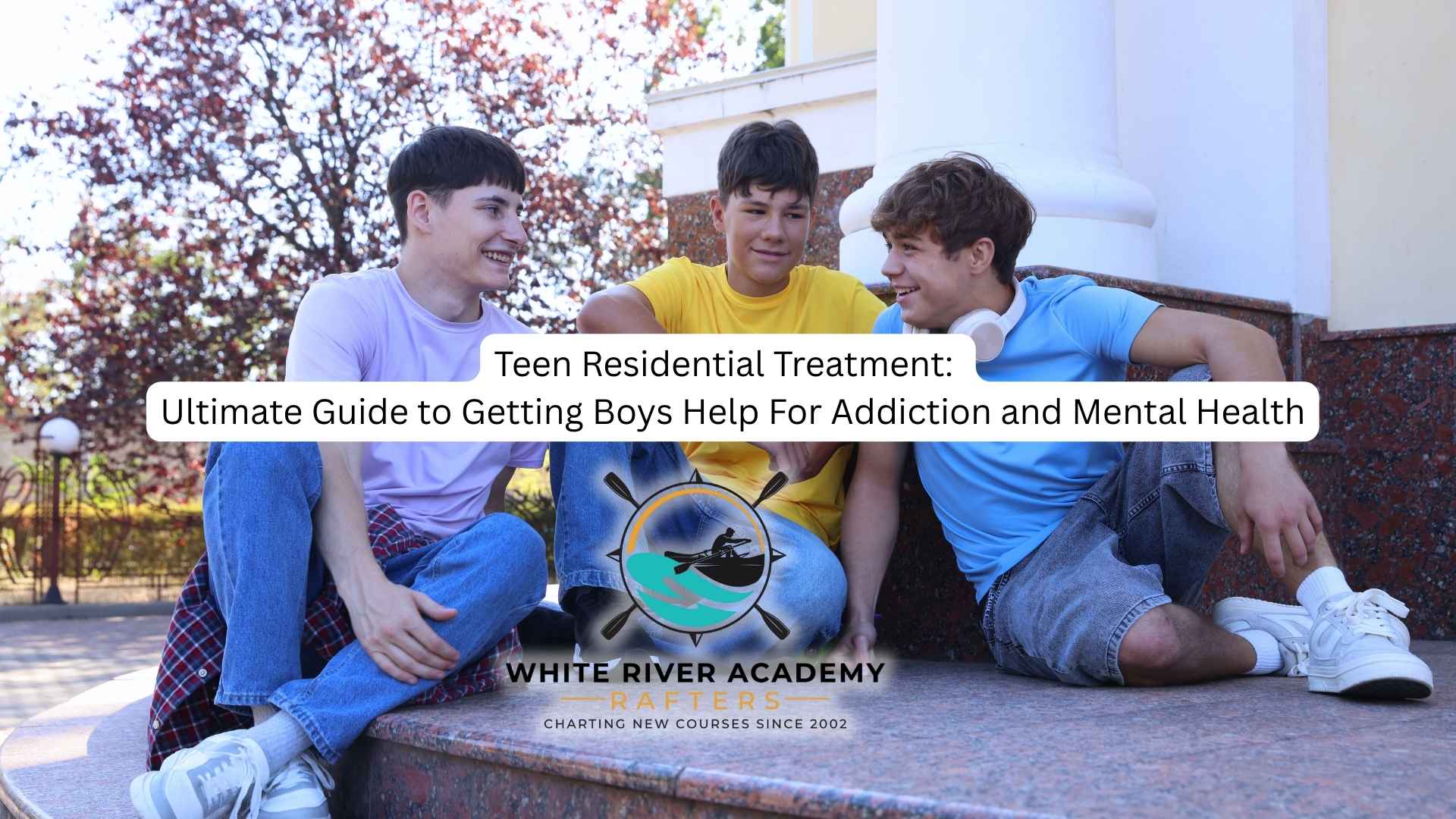Divorce can be one of the most difficult experiences for a family, and adolescents often face unique challenges as they navigate this transition. Understanding the potential effects helps parents provide the right support during a sensitive and formative stage of life.
This article examines the emotional, behavioral, and social effects of divorce on young people, guiding how parents can support them.
Emotional Impact of Divorce on Teenagers
Adolescents are at a stage where they are forming their identity and learning how to manage complex emotions. Parents separating can disrupt their sense of stability, leaving them feeling uncertain about their place in the family. Many experience sadness, anger, or confusion as they attempt to cope with the changes in their household. It is not uncommon for them to feel caught in the middle or to believe they are somehow responsible for their parents’ separation.
This misplaced guilt can intensify feelings of anxiety or lead to depressive symptoms. Parents can help by offering consistent reassurance that the divorce is not the child’s fault and by maintaining open communication that allows the child to express their emotions freely. Families find that enrolling their child in a troubled teens program can provide additional structure and support, especially when the emotional effects of it begin to impact daily life.
Behavioral Changes and Coping Mechanisms
The stress of divorce can sometimes manifest in noticeable behavioral shifts. Some adolescents may externalize their distress by acting out, demonstrating defiance, showing irritability, or engaging in risk-taking behaviors. Declines in academic performance, frequent arguments at home, or sudden changes in peer groups may signal deeper struggles. Peer pressure can lead teens toward substance use as they try to fit in while coping with family stress.
On the other hand, some may internalize their pain and retreat into isolation, spending less time with friends or family. Anxiety that is left unaddressed can sometimes push them toward unhealthy coping mechanisms, such as substance use, as a way to numb overwhelming feelings. Parents should remain vigilant for changes in habits, sleep patterns, or social interactions and seek professional guidance if these changes persist or become concerning.
Social and Relationship Effects
Adolescents place great value on their social connections, and divorce can complicate their interactions with peers. Some individuals may feel embarrassed about their family situation and choose not to discuss it, which can lead to a sense of isolation from their friends. Others may struggle with trust in relationships, believing that bonds are temporary or unstable. In certain cases, the stress may even contribute to symptoms resembling Post-Traumatic Stress Disorder (PTSD), making it harder for them to form or sustain healthy attachments.
These beliefs can shape how they approach romantic connections later in life, sometimes leading to fear of commitment or difficulty with intimacy. To counteract these patterns, parents can encourage healthy friendships, promote open and honest conversations, and model respectful communication in their own interactions. These steps reinforce the idea that relationships can be dependable and positive, even in the wake of divorce.

Academic and Developmental Consequences
The effects of divorce are not limited to emotional and social well-being. They also impact physical health. They can also impact academic performance. The stress associated with family conflict or transitions between two households may cause concentration problems and declining grades. Some may lose interest in extracurricular activities or withdraw from school involvement.
The added responsibilities of caring for family members at home can reduce the time available for studying or pursuing personal interests. These academic challenges, combined with emotional strain, can make it more difficult for adolescents to remain engaged in their education. While not every young person experiences setbacks, those who do may benefit from supportive interventions from both parents and teachers. Creating a structured environment, encouraging goal setting, and acknowledging achievements can help them regain motivation and stay on track academically.
Supporting Teenagers Through Divorce
Parents play an essential role in helping their children navigate divorce with resilience. Honest, age-appropriate communication provides reassurance and reduces the likelihood of misunderstandings. Maintaining consistent routines across households fosters stability and helps young people feel grounded during an otherwise uncertain period. Avoiding arguments in front of children prevents additional emotional stress, allowing them to focus on their own development.
Professional support, such as counseling or family therapy, can be beneficial. These settings provide a safe space for exploring feelings, developing coping skills, and cultivating emotional resilience. Demonstrating compassion, patience, and attentiveness, parents can help their children view challenges as opportunities for growth rather than obstacles.
Final Thoughts from White River Academy
Divorce can significantly affect adolescents, but with awareness and the right support, families can help them navigate this difficult transition. The key is understanding how emotional, social, and academic challenges may appear and responding with patience, structure, and care. When parents recognize the signs of struggle and take action early, young people are more likely to emerge from the experience with resilience and a healthier outlook.
At White River Academy, we recognize that adolescence is a critical period where stability and guidance are essential. Our residential therapeutic programs for adolescent boys in Utah are designed to support those facing life’s challenges, including family changes, with evidence-based care and compassionate guidance. Focusing on both emotional growth and long-term resilience, we help young people find strength and direction in the face of uncertainty.




